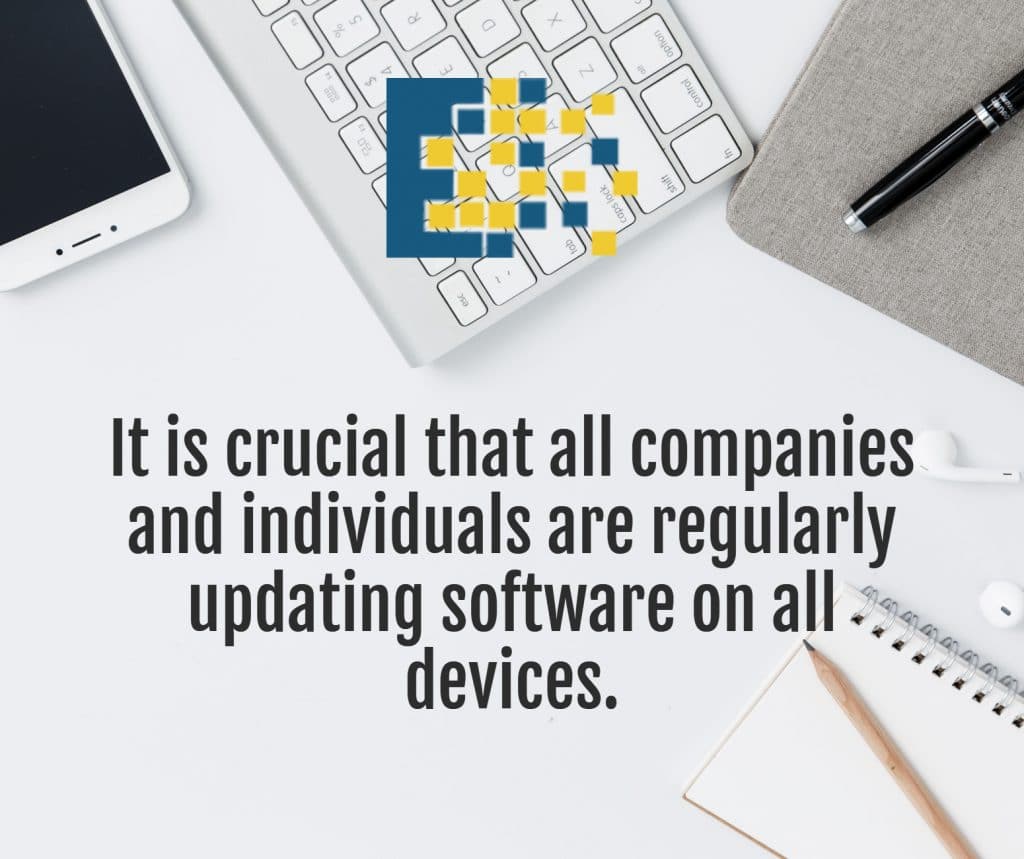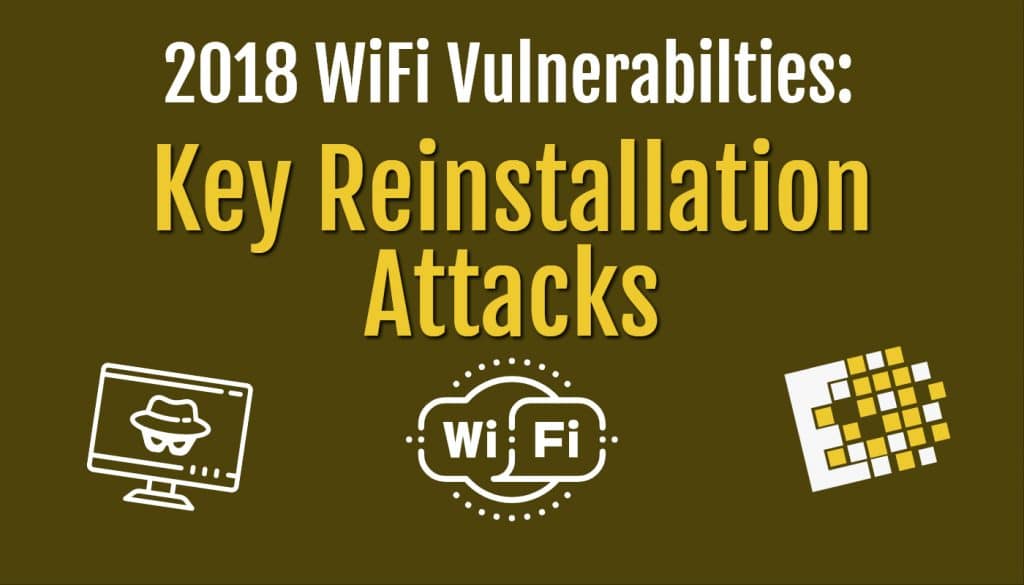There have been a number of cyberattacks to shake the internet over the past few years. Malware and ransomware attacks have caused billions of dollars in damages to companies, and have affected millions of people on a personal level. We wish we could say that these attacks have come to an end but unfortunately, there is a new cyber threat out there, and it’s the worst one yet.
Related Article: Is Ransomware an Overblown Concern?
KRACK
The Key Reinstallation Attack has potential to cause more harm to a much larger audience. It puts the private data of virtually all Wi-Fi users at risk. In today’s world of smartphones, tablet, and laptops, KRACK leaves nearly everyone vulnerable.
This form of cyber attack can expose all information shared on Wi-Fi networks, even connections “secured” with passwords and data encryption.
 How?
How?
KRACK has instantaneously become one of the most threatening attacks because of its ability to break WPA 2, the strongest and most common form of encryption used to protect data on home and business Wi-Fi networks.
WPA2 encryption is designed so that even if your data packets are “sniffed” while moving through a wireless network, the thief is unable to decrypt them without your password. KRACK not only bypasses the encryption, exposing data, it also allows cybercriminals to install malicious code on device and websites.
With this new, more advanced ransomware, those in control are able to access private data such as financial information and important usernames and passwords. This not only gives them the ability to abuse your information, but it also allows them to sell it on the dark web to other cybercriminals.
Related Video: WPA2 Vulnerability
Prevention
 KRACK affects industry-standard Wi-Fi security on all devices, with any kind of operating system. Because everyone is susceptible, it is crucial that all companies and individuals are regularly updating software on all devices. Software updates usually include patches and the last security fixes.
KRACK affects industry-standard Wi-Fi security on all devices, with any kind of operating system. Because everyone is susceptible, it is crucial that all companies and individuals are regularly updating software on all devices. Software updates usually include patches and the last security fixes.
However, not all updates correct KRACK vulnerabilities. Now is the time to contact an IT services company with security questions and concerns. You will have access to a team of professionals that understand your devices and their weak points. While it may sound extreme, it is far better to act BEFORE a crisis occurs.
 For more information on how to protect your Wi-Fi network and devices, call 315.724.2209 and ask to speak to an IT professional.
For more information on how to protect your Wi-Fi network and devices, call 315.724.2209 and ask to speak to an IT professional.
